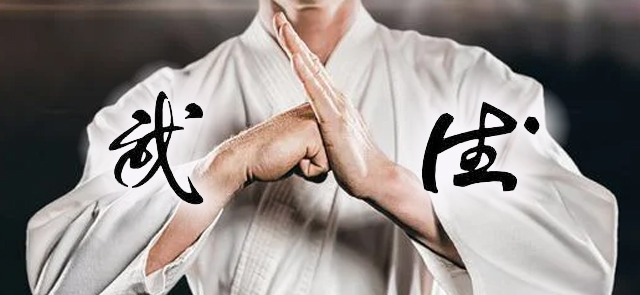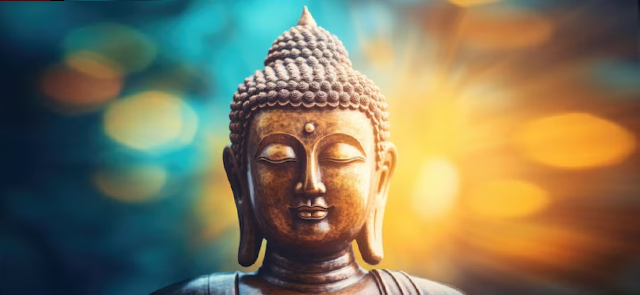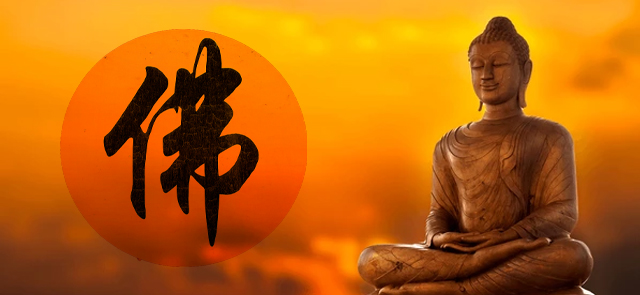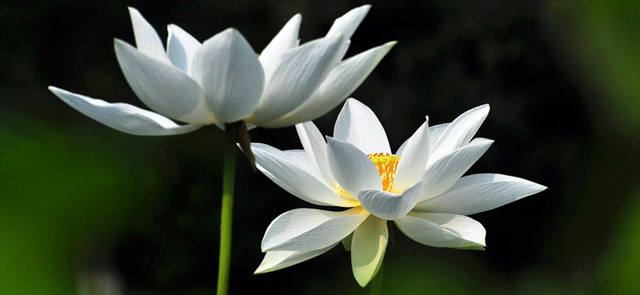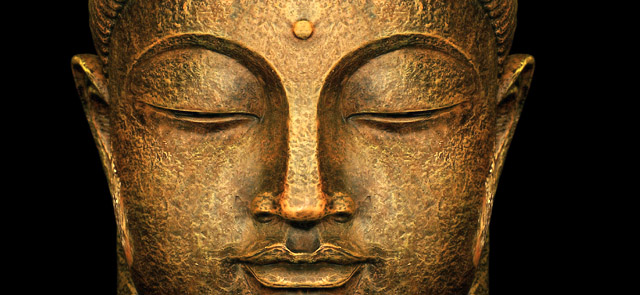In the realm of Chinese martial arts, a concept known as "Wude" [Chin.: Wǔ dé 武德] holds significant importance. Wude, which translates to "martial morality" or "martial virtue," encompasses two essential aspects: the morality of deed and the morality of mind. This article delves into the profound significance of Wude, exploring how it influences social relations and fosters inner harmony.
Section 1: Morality of Deed - Nurturing Social Relations
Wude's morality of deed emphasizes the cultivation of virtuous behavior and ethical conduct within the realm of social interactions. It reflects the belief that martial artists should embody a code of conduct that extends beyond their physical skills. They are expected to uphold values such as respect, integrity, humility, and compassion, both on and off the training ground.
Respect serves as a cornerstone of Wude, requiring martial artists to treat others with dignity and courtesy. It encompasses showing deference to elders, acknowledging the wisdom and experience they possess. Respect also extends to fellow practitioners, teachers, and opponents, regardless of their skill level or background. This virtue promotes an environment of mutual learning, fostering camaraderie and respect for all individuals involved in the martial arts community.
Integrity is another crucial aspect of Wude's morality of deed. Martial artists are encouraged to uphold honesty, fairness, and moral uprightness in all their actions. They must be true to their word, maintaining transparency and trustworthiness within their training and interactions with others. Through the embodiment of integrity, martial artists become role models, inspiring others to uphold high ethical standards.
Humility is an essential virtue that guards against arrogance and ego-driven behavior. Martial artists are taught to recognize their limitations and embrace a mindset of continuous learning. They remain open to new ideas and perspectives, regardless of their expertise. By cultivating humility, practitioners foster an atmosphere of humility, fostering growth, and encouraging others to develop their skills and knowledge.
Compassion lies at the heart of Wude's morality of deed. Martial artists are encouraged to be empathetic, caring, and benevolent toward others. They recognize that their training is not merely about self-defense or combat prowess but also about using their skills to contribute positively to society. Compassion compels martial artists to help those in need, whether through community service or teaching martial arts to underprivileged individuals.
Section 2: Morality of Mind - Cultivating Inner Harmony
The morality of mind within Wude revolves around the cultivation of inner harmony between the emotional mind and the wisdom mind. It acknowledges that martial artists must not only master physical techniques but also develop mental fortitude and emotional balance.
Emotional balance is crucial for martial artists, as it allows them to navigate conflicts and challenges without being overwhelmed by negative emotions. By cultivating emotional intelligence and self-awareness, practitioners can recognize and regulate their emotions effectively. This enables them to make sound decisions and maintain composure even in high-pressure situations.
The wisdom mind, on the other hand, refers to the development of intellectual and spiritual aspects of one's being. Martial artists are encouraged to pursue knowledge beyond physical techniques, exploring philosophy, history, and other disciplines that broaden their understanding of the world. The wisdom mind promotes critical thinking, creativity, and a deep appreciation for the interconnectedness of all things.
Inner harmony arises when the emotional mind and wisdom mind are in balance. It is the state of being where martial artists find tranquility and clarity of thought. Through practices such as meditation, introspection, and self-reflection, practitioners strive to harmonize their thoughts, emotions, and actions. This balance allows them to perform at their best, both in martial arts practice and in their daily lives.
Conclusion
Wude, the martial morality in Chinese martial arts, encompasses the morality of deed and the morality of mind. The morality of deed focuses on virtuous behavior, nurturing social relations through respect, integrity, humility, and compassion. The morality of mind emphasizes the cultivation of inner harmony, balancing the emotional mind and the wisdom mind through emotional balance, intellectual growth, and spiritual exploration. By embodying Wude, martial artists not only excel in their physical skills but also become individuals of exceptional character, contributing positively to their communities and personal growth.
